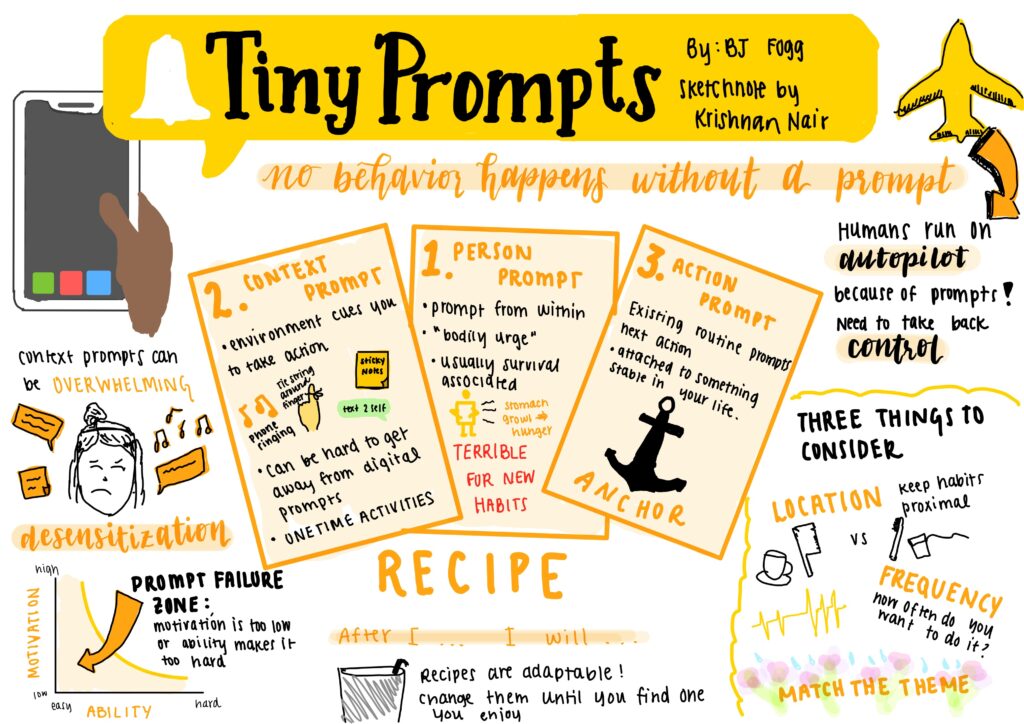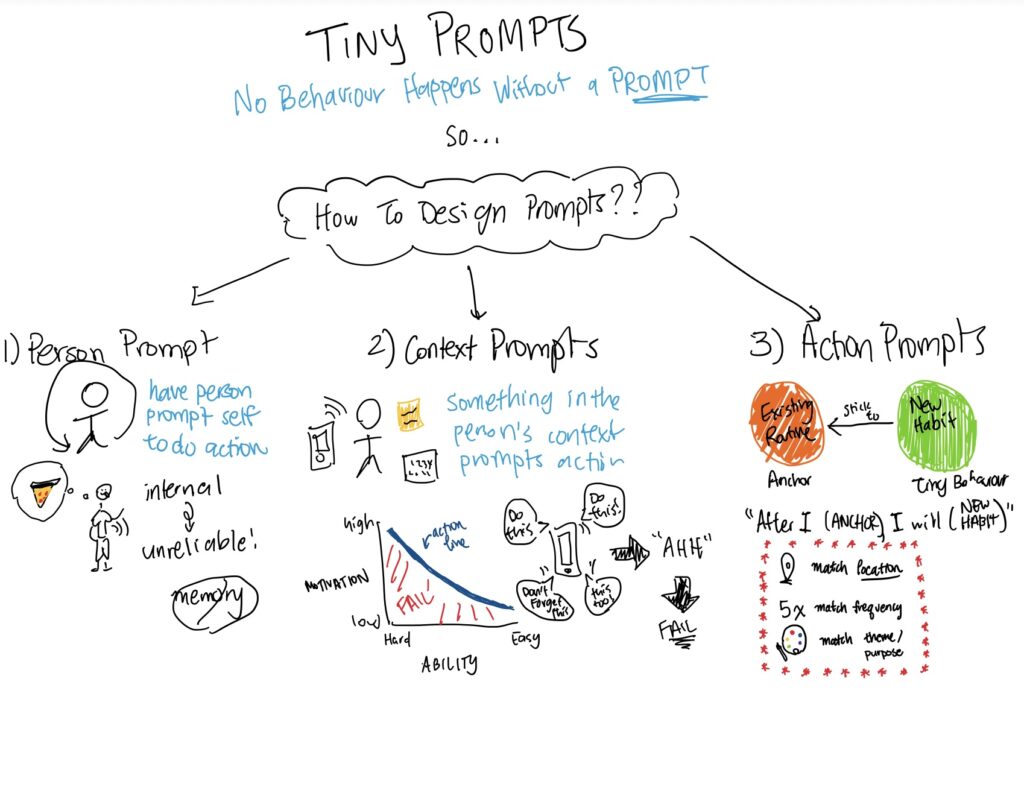Our team explored how Green Plate, a plant-based frozen meal company, could best position itself in an increasingly competitive market. Together, our research highlights both the challenges and opportunities within the frozen vegan meal space. Below, we have one takeaway from each of the different types of market research that we conducted.
CUSTOMER INTERVIEWING INSIGHTS
We spoke with individuals who buy or are open to buying plant-based frozen meals to understand their motivations and pain points. We found that:
-
Health, not labels, drives purchase decisions.
An immigrant mom emphasized that her main concern is health, not whether a meal is explicitly vegan. She looks for organic ingredients and low sugar/fat, saying, “It doesn’t matter as much if it’s vegan or not, what matters is that it’s healthy.” -
“Plant-based” branding feels more inclusive.
Interviewees noted that “plant-based” sounds more approachable than “vegan.” One even mentioned her vegan friend prefers “plant-based” and “anti-animal-cruelty” language. This supports shifting Green Plate’s marketing to reach beyond strict vegans without alienating them. -
Affordability and protein content are key.
Calista, a frequent buyer of healthy frozen meals, said she’d choose a plant-based option if it matched or exceeded a meat meal’s protein for a lower price. She pointed out that people pay $16–20 for salads at Sweetgreen — meaning a $7–8 nutrient-dense frozen meal could feel like a strong value. -
Packaging and perception matter.
Calista suggested using warmer tones like red to visually compete with meat-based meals, helping break the perception that vegan foods are “different” or less filling.
Our key takeaway here is that rebranding from vegan to plant-based will attract a wider net of people while retaining our current vegan consumer base.
COMPETITIVE INSIGHTS
We analyzed four major competitors: Purple Carrot, Gardein, Amy’s Kitchen, and Tattooed Chef. We found that:
-
Purple Carrot uses “plant-powered” and “fuel your gym sesh” phrasing to target fitness-minded consumers while keeping prices around $5.69. Their messaging expands beyond vegans, appealing to anyone seeking healthy, high-protein convenience.
-
Gardein focuses on plant-based proteins and traditional comfort meals like Chick’n Fried Rice or Meatless Meatball Marinara, priced around $6.39. Their branding reassures meat-eaters through familiar words like “chicken” and “beef,” signaling that vegan meals can still feel hearty and satisfying.
-
Amy’s Kitchen maintains dominance with over 120+ vegan SKUs and a trusted, family-friendly image. Their strength lies in affordability, reliability, and brand credibility — but they risk appearing outdated to younger consumers.
-
Tattooed Chef stood out for its modern, Instagram-ready branding and focus on flavor creativity. However, rapid retail expansion led to bankruptcy in 2023, showing that aesthetic appeal alone can’t replace operational discipline.
Our key takeaway is that the frozen vegan market has room for a mid-tier brand that combines Amy’s affordability with Tattooed Chef’s freshness and Purple Carrot’s protein-forward positioning.
SECONDARY RESEARCH INSIGHTS
We looked at Reddit discussions and app store reviews to understand consumer sentiment toward vegan and plant-based frozen meals.
-
Taste remains the top complaint.
Reddit users (both vegan and nonvegan) frequently describe frozen vegan meals as bland. Trader Joe’s was repeatedly praised for doing it better, showing that flavor is a major differentiator. -
Value trumps brand loyalty.
Many vegans admitted choosing cheaper options over sticking to specific brands. This suggests that Green Plate’s pricing strategy could be more important than heavy lifestyle branding. -
Convenience sells.
App store reviews for Daily Harvest reveal that customers are drawn to the time-saving aspect of frozen meals. Even if the food isn’t perfect, people justify the price for quick, healthy, pre-portioned meals that make daily life easier. -
Subscription fatigue is real.
Consumers appreciate flexibility and don’t want to commit to recurring subscriptions. This supports focusing on retail or one-time purchase models instead of heavy subscription dependence.
Our key takeaway here is that we should compete on nutritional needs and affordability rather than on ideology and brand loyalty.
We will be using the takeaways from this research to build on our strategy for growing Green Plate’s business.
Here is the link to our raw notes and research folder: https://docs.google.com/document/d/1qKwXSNGTJuPSvXBe3MCxedUQ1FLNsAdi3sh36aj3u3Y/edit?usp=sharing



